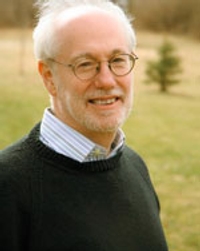Andrew Carnegie
David Nasaw, . . Penguin Press, $35 (878pp) ISBN 978-1-59420-104-2
Without education or contacts, Andrew Carnegie rose from poverty to become the richest person in the world, mostly while working three hours a day in comfortable surroundings far from his factories. Having decided while relatively young and poor to give all his money away in his lifetime, he embraced philanthropy with the same energy and creativity as he did making money. He wrote influential books, became a significant political force and spent his last years working tirelessly for world peace. Yet he was a true robber baron, a ruthless and hypocritical strikebreaker who made much of his money through practices since outlawed. Nasaw, who won a Bancroft Prize for
Reviewed on: 08/07/2006
Genre: Nonfiction
Compact Disc - 979-8-200-55849-0
MP3 CD - 979-8-200-55850-6
MP3 CD - 978-1-59659-124-0
Open Ebook - 896 pages - 978-1-4295-8373-2
Paperback - 896 pages - 978-0-14-311244-0
Peanut Press/Palm Reader - 896 pages - 978-1-4295-8374-9
Pre-Recorded Audio Player - 978-1-60252-956-4


